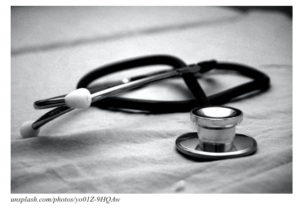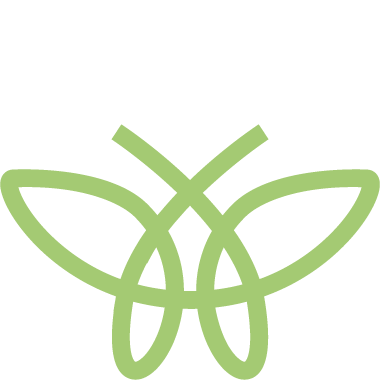What’s the best remedy on your toughest day – the day you walk into a residential treatment program for alcohol or drug addiction?
The literal people who are the nursing staff are the best remedy.
 You don’t have to take our word for it. The best remedy is the same answer that keeps showing up time and time again in our patient exit surveys – the nursing staff.
You don’t have to take our word for it. The best remedy is the same answer that keeps showing up time and time again in our patient exit surveys – the nursing staff.
The remedy for:
- Natural fears and worries
- Not being sure about safety
- Doing a very hard thing during a most unsettling time
- Not knowing if entering treatment is the right decision
- Feeling bad, physical pain and other discomfort when entering treatment
The formal role of a Registered Nurse (RN) in a residential addiction treatment setting includes all kinds of things that most people would probably think of:
- Making sure detox is going well
- Checking pulse, blood pressure, and other vital signs
- Knowing what to check, and when, for various kinds of problems
- Medication administration
- Patient education on various physical and mental conditions, medications, and wellness strategies
- Teaching and checking skills with patients that are important in their self-care
But lots of times staff members, patients, family members, and referral sources aren’t naturally aware of how many other important tasks nurses do, and are asked to do, as other duties.
In a residential treatment program, everyone (staff included) asks nurses everything. Everyone knows nurses are professional, smart, naturally helpful, concerned about people, give the right answer, tell the truth, and always encourage. And so people go to nurses all day every day about:
- Laundry procedures
- What’s for lunch?
- What are we doing this evening?
- Can I tell you my complaint?
- …this list could go on and on…
And a lot of times, nurses are the ones that naturally sense when somebody just needs someone to listen. To just show up as a person and be with them. Or when they just need to chat about incidental stuff rather than so much stuff that’s heavy or important. Nurses naturally show up on a human level, and do it on their own – time and time and time again.
Nurses know that nurses do lots of thankless tasks. Like managing tons of communication and document movement within the organization as well as between our place and outside organizations. Medication adjustments. FMLA process. COVID testing. Drug screening. Discharge appointments. Discharge instructions. That list goes on, too. All 3 shifts. 24/7. 365.
When you stop and think about what nurses do in a treatment program it’s pretty amazing. So we have to wonder, “Who are these people? Why are they in jobs like this?”
That’s a fair question. But consider this answer: “They chose this profession because they care. They’re drawn to it.”
Please show your gratitude during the special time of year that’s just around the corner…
- National Nurses Week begins each year on May 6 and ends on Florence Nightingale’s birthday – May 12.
- May 12, 2022 is International Nurses Day.
